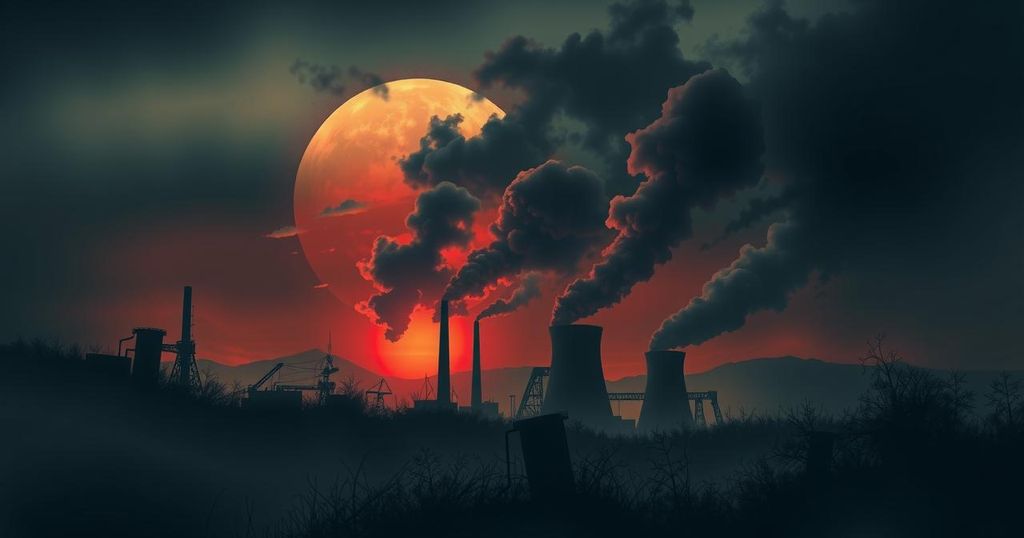Iran has increased its near-weapons grade uranium stockpile by over 50% in three months, reaching 275kg. This places Tehran as the only non-nuclear weapon state enriching uranium to 60%. The IAEA expressed serious concerns over Iran’s obstruction of inspections and calls for diplomatic negotiations amid persistent doubts about its nuclear intentions.
Iran has significantly increased its stockpile of near-weapons grade uranium, with levels rising by over 50% in just three months, as reported by a UN agency. Rafael Grossi, Director General of the International Atomic Energy Agency (IAEA), indicated that Iran is now the only non-nuclear weapon state enriching uranium to 60 percent, a level dangerously close to the 90 percent threshold required for bomb production. Grossi expressed his serious concerns regarding Iran’s failure to cooperate with inspections and its noncompliance with demands for transparency regarding undeclared nuclear traces.
Grossi remarked that Iran’s enriched uranium has escalated from 182 kilograms to 275 kilograms over the last quarter, indicating a troubling acceleration of Iran’s nuclear capabilities. He noted, “The amount of enriched uranium at 60 percent is growing very, very fast,” stressing the urgency for Iran to clarify its intentions amid growing international apprehensions. Furthermore, he outlined that Iran has been in breach of its 2015 nuclear agreement with global powers for four years since the U.S. withdrawal under former President Trump, coupled with the reinstatement of sanctions.
In light of these developments, Grossi stated the IAEA remains prepared to engage in any diplomatic processes that may arise and is currently maintaining communication with Iranian officials. While the newly appointed Iranian President Masoud Pezeshkian has shown signs of potentially seeking negotiations by selecting former nuclear negotiator Mohammad Javad Zarif as Vice President for Strategic Affairs, Zarif’s recent resignation may complicate these efforts. Moreover, Grossi has requested cooperation regarding outstanding inquiries related to a suspected Syrian nuclear reactor, which was destroyed by Israeli airstrikes in 2007.
In summary, Iran’s escalating uranium stockpile poses a significant concern for international security, as it approaches weapons-grade levels. The ongoing lack of transparency and cooperation with the IAEA from Iran raises alarms about the peaceful nature of its nuclear program. The future of nuclear negotiations remains uncertain with recent political changes in Iran, underscoring the need for continued diplomatic efforts through the IAEA.
Original Source: www.thenationalnews.com




